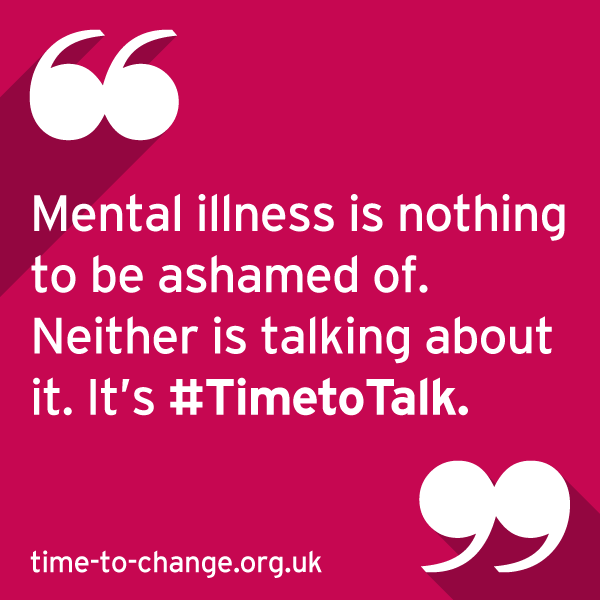A reader of my book, ‘All The Things We Never Knew’ suggested it would be impossible to be married to someone for ten years and not realize that they had a mental illness:
Dear Grandma in Arizona,
I’d like to give you some insight into my experience of loving someone with a mental illness. Contrary to what Dr. Phil has said, most people who experience mental illness don’t “howl at the moon.” The early behaviors of mental illness are elusive, intermittent and commonly misunderstood.
Have you ever felt rage and not understood it? Have you distanced yourself from others? Have you been sensitive to light and sound? Eaten too much or too little? Have you felt as if you don’t belong? Have your thoughts been slow and depressed or fast and racy? Have you been uninterested or unable to complete a task you know you need to do? Have you ever lost hope?
Maybe you have a few weeks or a few months when you feel better. You try to reconnect, you promise you’ll be a better person. You laugh. And then, your brain goes dark again. You cheat and you lie, denying these recurring depressions are happening, even as the symptoms are occurring with more frequency and more severity. Your family and friends are frightened, confused and unsure of how to help. You blame your behaviors on your partner, or your job, or your parents. As you self-stigmatize and withdraw, you are getting sicker and sicker.
Now, throw in a few traumas. The death of your father. The crumbling of your business. The pending separation of your life’s partner. Boom. All of those methods you used to compensate are gone. Then, a well-meaning doctor gives you an anti-depressant, and suddenly, you are thrown into mania and Akasithisa, an agitated, skin-crawling, can’t sleep state that induces suicidal thoughts.
Then, you find a gun.
Now, you are hospitalized against your will. A nurse who doesn’t know your name takes your clothes and personal belongings. A doctor who has only fifteen minutes a day for you prescribes more drugs, and when those don’t work, different drugs to counteract the side-effects. You are a threat. And hopeless. You lie about your state of mind to get out of the hospital. To be free of it all.
This is my experience of my partner’s illness, but in conversations with hundreds of other family members who have cared for someone with a brain illness, there is a shared sense of confusion, guilt, and even denial. It helped me immensely to hear from a primary care physician who shared just how difficult it is to detect and treat bipolar illness.
Recognizing the early signs of mental illness is difficult, but even trickier is getting good care. If our mental health and medical systems are not changed to stop re-traumatizing people in crisis, our rate of mental illness will continue to climb. If we don’t do a better job of recognizing the sometimes elusive symptoms of mental illness (especially in high-functioning people), our rate of suicide will continue to climb.
That’s why I wrote, All The Things We Never Knew. I laid bare my mistakes in an effort to try to help others recognize mental illness and intervene earlier than I did. I worked very hard to compile resources for others and investigate the programs and people who are giving people hope. We must believe in the tenants of recovery. It will take a tectonic shift in the way we deliver care.
Grandma, I hope this has given you a bit more understanding and empathy of my story and the stories of others. I wish you and your family only good health and happiness.
With kind regards,
Sheila Hamilton
All The Things We Never Knew is available here:
